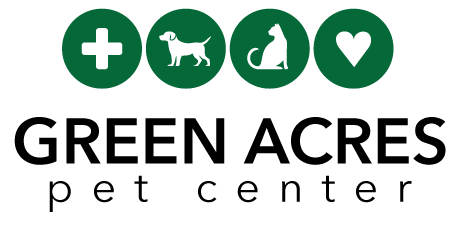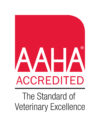Library
-
The Pom may be tiny, but this spunky extrovert can get a little cocky for a dog not much bigger than your shoe. Outgoing and effervescent, Pomeranians have faces like little foxes, making them hard to resist and easy to forgive.
-
While Poodles are often portrayed as snobby and aloof, in reality, they are friendly, cheerful dogs with a keen sense of fun.
-
Pequenos are the smallest of the three Portuguese Podengos. They love to run and play and appear to enjoy being silly.
-
Portuguese Water Dogs are intelligent and used to deciding for themselves if something is not right. The positive aspect of this behavior is that they are wonderful companions, take good care of the children in their families, and feel at home in the city, the country, or at the beach.
-
Special care must be taken when your dog comes home after an operation to ensure the incision area stays clean and dry and heals properly. Some signs are cause for concern, and if observed, call your veterinarian right away.
-
This handout explains post-vaccination sarcomas (also called injection-site sarcomas) in cats. They are a rare consequence of vaccine injections (and other drugs or materials) that can cause a very aggressive form of cancer at the site of the injection. The incidence of this condition, as well as precautions you and your veterinarian can take, are highlighted.
-
A pre-visit pharmaceutical (PVP) is a medication or combination of medications given before a veterinary visit to reduce fear, anxiety, or stress associated with a veterinary visit. There are many different medications and medication combinations. Your veterinarian can provide the best recommendation for your dog.
-
Preanesthetic bloodwork is an important step in the evaluation of pets undergoing anesthesia or surgical procedures. Bloodwork can help diagnose a variety of internal disorders, many of which could negatively affect your pet's anesthetic and surgical safety. By diagnosing and treating any underlying medical disorders before surgery/anesthesia, your veterinarian can make anesthesia as safe as possible for your pet.
-
Next to you, the most important person in a dog's life is your veterinarian. Keeping your dog healthy requires exercise, excellent nutrition, and consistent medical care. Your veterinarian can help you with all three components of your pet’s healthy lifestyle. Since you and your dog will make many trips to the veterinary hospital over the years, start preparing your dog for these visits as a puppy.
-
A telemedicine visit is typically conducted over telephone, text messaging, chat, email, or videoconference. This may allow a veterinarian to diagnose and treat your pet’s medical condition remotely, without the need for an in-person visit. Your appointment will be conducted by a licensed veterinarian.


